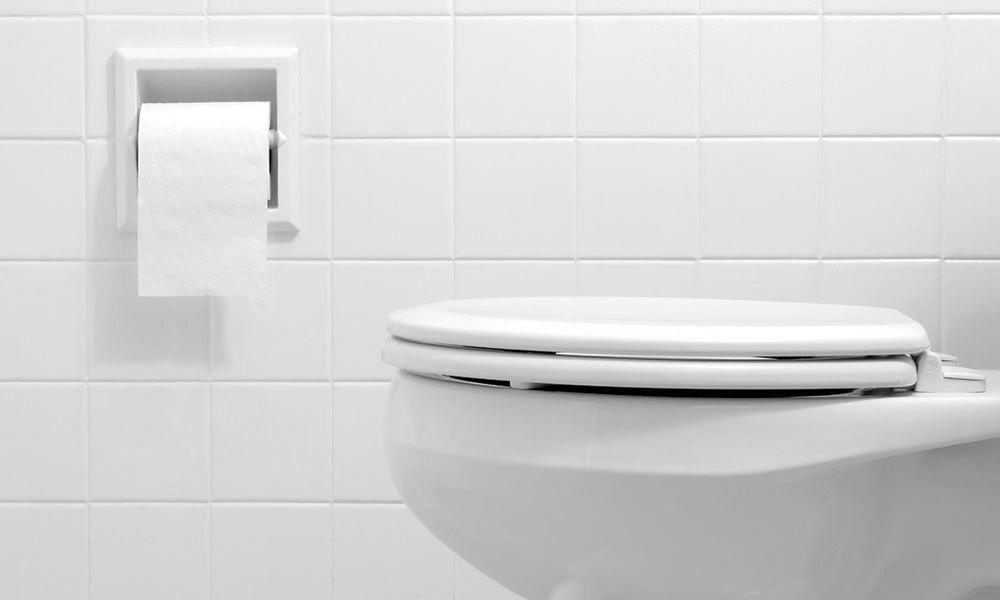
Learn How To Identify And Manage Inflammatory Bowel Disease
People who don’t suffer from gastrointestinal diseases may never understand the discomfort and embarrassment that can surround your life when you’re constantly worried about where a bathroom is, how a meal might affect your stomach, and how you can manage a flare-up of the digestive tract. Join us here at Needham Gastroenterology Associates as we promote IBD Awareness Week. Our main goals include supporting patients who have already received an inflammatory bowel disease (IBD) diagnosis, educating family members and friends about the condition, and discussing it with people who are suffering from the symptoms but haven’t been formally diagnosed.
What Is IBD?
IBD is a term used to describe two different diseases of the gastrointestinal tract. These two diseases include Crohn’s disease and ulcerative colitis. On paper, they may seem like they’re the same thing, since they have many overlapping symptoms, but they are actually two different diseases. The symptoms of both Crohn’s and ulcerative colitis include unintended weight loss, lack of appetite, stomach pains, alternating constipation or diarrhea, the feeling that a bowel movement isn’t complete, fatigue, and rectal bleeding. Not all IBD patients will experience the same issues. They can vary based on the severity of the condition, where in the GI tract the main infection is located, and diet and exercise. Symptoms can even vary day-to-day in individuals with the disease.
How Do Crohn’s Disease And Ulcerative Colitis Differ?
To understand IBD, it’s important to understand the two conditions that fall under the umbrella term. While both diseases occur in the GI tract, Crohn’s is found most commonly in the last portion of the small intestine and the first part of the colon. It can occur anywhere in the GI tract, but those locations are the most common. Ulcerative colitis, on the other hand, is caused by inflammation and ulcers found in the lining of the large intestine and rectum. Crohn’s presents with inflammation of the bowel wall, potentially going through all layers of it, while ulcerative colitis only affects the inner lining of the colon. While the two can present with similar symptoms, you’re more likely to experience severe diarrhea with ulcerative colitis than with Crohn’s, and Crohn’s is more likely to cause more severe abdominal pain, weight loss, and nausea, without the strong connection to rectal bleeding and diarrhea.
Can IBD Be Treated?
The symptoms of both Crohn’s and ulcerative colitis can be managed, but the disease cannot be fully cured. With proper treatment and maintenance, you can experience long-term periods of remission and relief from the common symptoms. Although there has been a lot of research surrounding IBD and its causes, the actual cause of the disease isn’t fully understood. It has been shown to have a genetic component, so if you have other family members who suffer from it, you may be at a higher risk.
Additional causes of IBD can be a result of environmental triggers, an imbalance of bacteria in the intestines, and an immune system reaction. Before you can begin discussing treatment for IBD, you need to have your condition diagnosed. IBD can be diagnosed through several different tests, including blood tests and stool samples, in addition to colonoscopies or other endoscopic procedures. Depending on your individual case, treatment for IBD can include anything from medications, lifestyle and diet adjustments, and even surgery.
This December, it’s time to take your health into your own hands and make an appointment to visit Needham Gastroenterology Associates. Our team of doctors can help you understand your symptoms as well as work to find an underlying cause of them. We will also aid in symptom management and work with you to get your symptoms under control and well on your way to a more comfortable and healthy life.